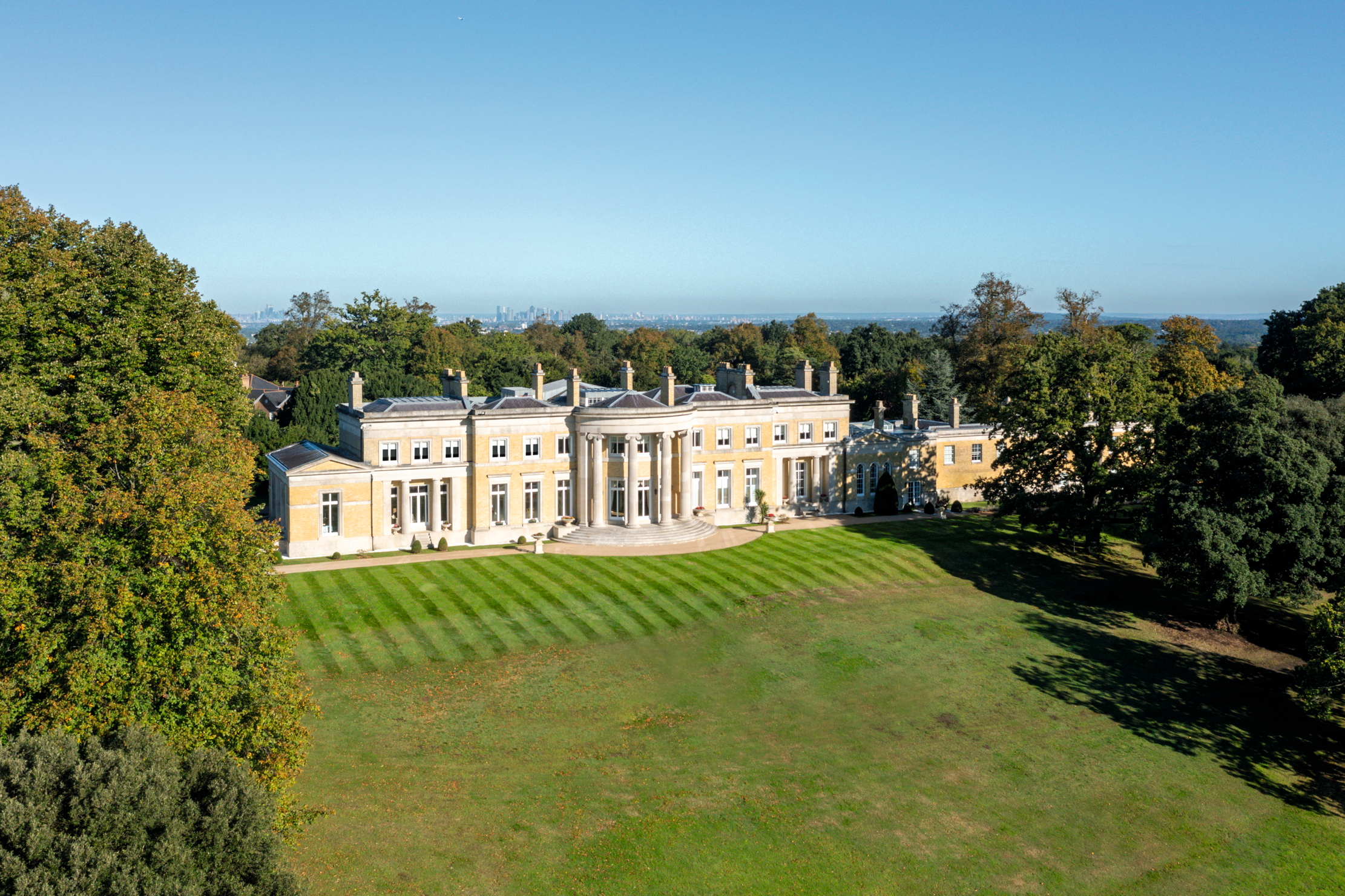Keeping assets in the family
Don't leave loved ones in the lurch by dying intestate, warns Roger Field


Winter is here with a vengeance and, with it, thoughts of the year end is a good time to make certain one's financial affairs are in order. Extraordinarily, as much as 60% of the population probably does not have a will. To die intestate is deeply selfish: the consequences for one's family can be near catastrophic, as they are forced to pick through complex intestacy rules before they can get what should be theirs. It costs to instruct lawyers to prepare a will, which is one reason for prevarication. DIY wills have long been available and nowadays are sold on the internet. On Radio 4's Money Box recently, Paul Elmhirst, author of the Which? book, Wills and Probate, said that, just as with home DIY, although some are capable of building a house, others are incapable of erecting a shelf. The more money at stake, the more complex the will, and the more important it is a solicitor is consulted. Rises in property values make many more estates liable for inheritance tax (IHT). The Inland Revenue has doubled the amount of IHT collected in the last 10 years and is tightening its grip through probing questionnaires and a hard line on avoidance schemes. The nil rate band discretionary trust is a way for couples to make the most of tax exemptions, while ensuring that the surviving spouse still has access to the combined assets should they need them. The current maximum tax saving of this method is £110,000. But, get the wording wrong or mismanage the trust, and the trust could be open to attack by the Revenue. IHT has been described as a voluntary tax because, with foresight and careful tax planning, some or all of it can be legally avoided. Unless you are an expert at legal DIY, that requires a good lawyer.
Sign up for the Country Life Newsletter
Exquisite houses, the beauty of Nature, and how to get the most from your life, straight to your inbox.
Country Life is unlike any other magazine: the only glossy weekly on the newsstand and the only magazine that has been guest-edited by HRH The King not once, but twice. It is a celebration of modern rural life and all its diverse joys and pleasures — that was first published in Queen Victoria's Diamond Jubilee year. Our eclectic mixture of witty and informative content — from the most up-to-date property news and commentary and a coveted glimpse inside some of the UK's best houses and gardens, to gardening, the arts and interior design, written by experts in their field — still cannot be found in print or online, anywhere else.
-
 Seven of the UK’s best Arts and Crafts buildings — and you can stay in all of them
Seven of the UK’s best Arts and Crafts buildings — and you can stay in all of themThe Arts and Crafts movement was an international design trend with roots in the UK — and lots of buildings built and decorated in the style have since been turned into hotels.
By Ben West
-
 A Grecian masterpiece that might be one of the nation's finest homes comes up for sale in Kent
A Grecian masterpiece that might be one of the nation's finest homes comes up for sale in KentGrade I-listed Holwood House sits in 40 acres of private parkland just 15 miles from central London. It is spectacular.
By Penny Churchill